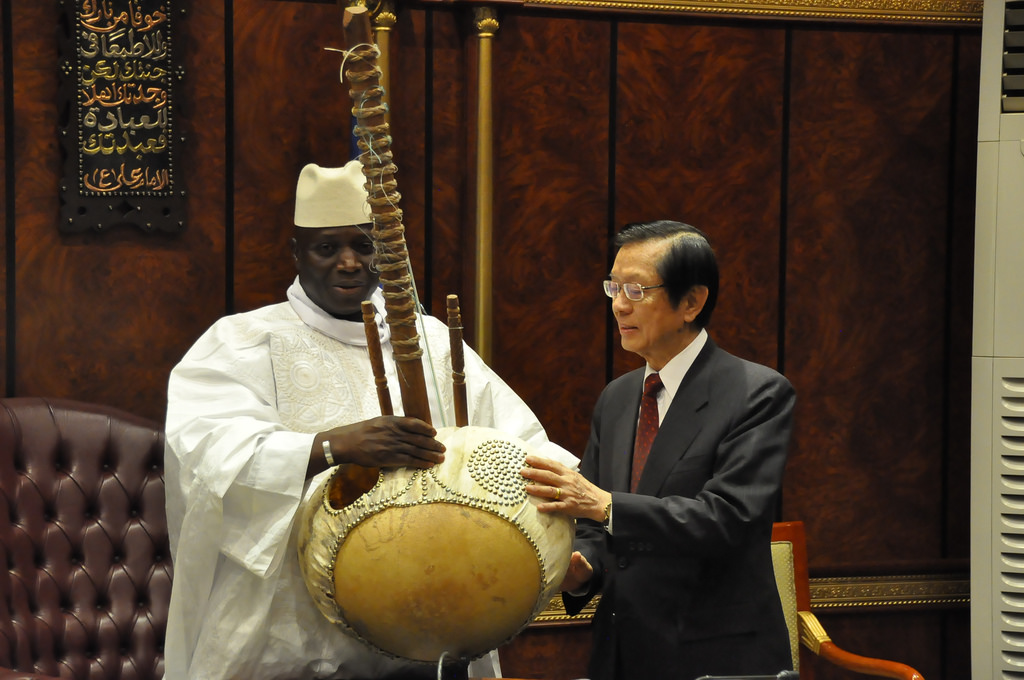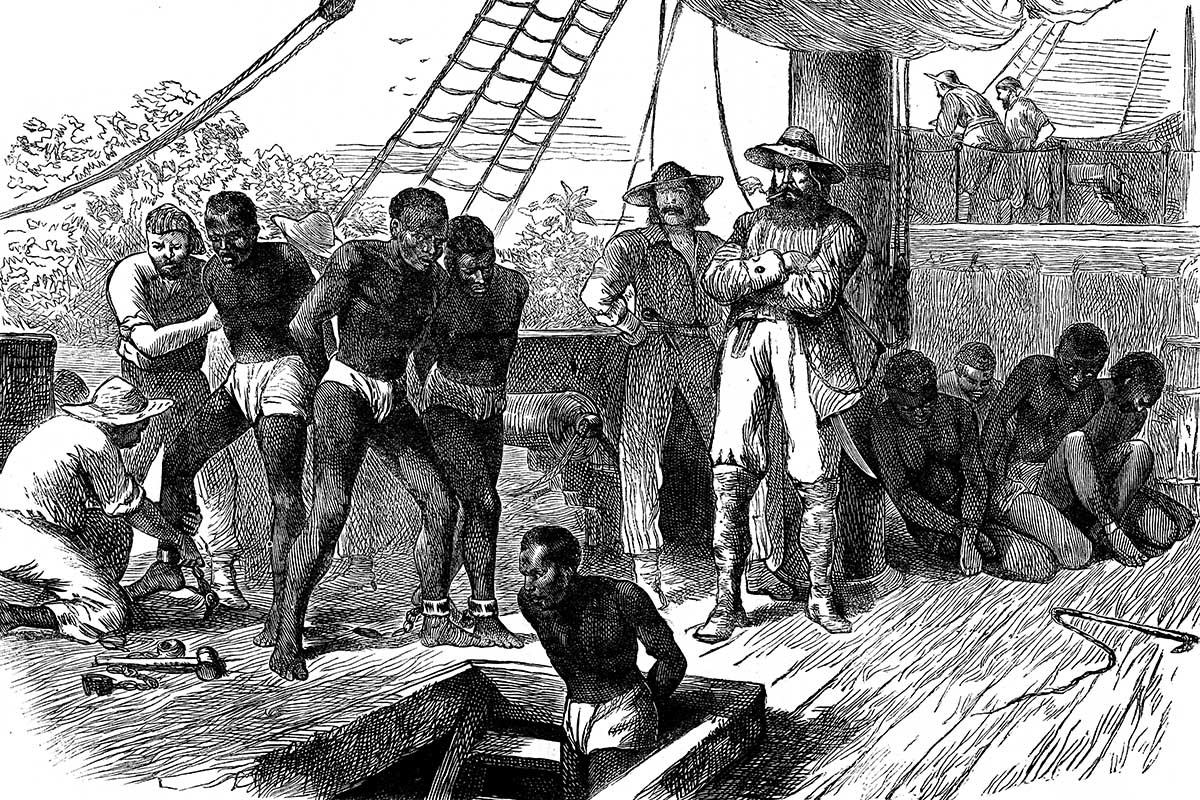“Resolving the impasse in the Gambia”
January 21st, 2017 Continued uncertainty has prompted calls for military intervention to oust the Gambia’s President in favour of the declared winner of the December presidential election, but Michael Gyekye, 23, a Commonwealth Correspondent from Ghana, argues for a peaceful option.
Continued uncertainty has prompted calls for military intervention to oust the Gambia’s President in favour of the declared winner of the December presidential election, but Michael Gyekye, 23, a Commonwealth Correspondent from Ghana, argues for a peaceful option.
Just like many others on the continent and beyond, I yearn for an urgent resolution of the political deadlock in the Gambia. I, however, reckon military intervention is too risky an option for pursuing that goal.
Military intervention would risk a needless bloodbath in the country and worse, potentially leave it as the next Libya or the Syria of West Africa. Like Syria’s Assad, President Yahya Jammeh may also be having some firm assurance of external support considering his remarkable bravado amid the imminent external military threats currently swelling around him. The setting for a bloody confrontation could not be far from imagination.
Given the circumstances of the Gambia and the nature of the disputed Presidential polls, I suggest a negotiated 2/3 year power-sharing deal as a peaceful solution to the country’s deteriorating impasse.
My preference for a negotiated power-sharing deal is underscored by the fact that the Gambia currently lacks strong democratic governance structures that sufficiently guarantee safe and fair treatment of President Jammeh and his supporters after he has surrendered power. President Jammeh’s well-reported apparent fear of legal harassment should he relinquish power stresses this point.
Further, the approximately 19000 margin of victory of the declared President-elect Adama Barrow, despite his lead of an opposition coalition, is not a very commanding difference in an election in which some over 400 000 Gambians voted, and fails to guarantee widespread legitimacy of his administration and smooth processes of national healing and reconciliation should Mr. Barrow take power.
The 2/3-year power-sharing deal will additionally lend the Gambia the time and opportunity to put in place some sound democratic governance structures to assure credible elections going forward, and the fair treatment of losing sides post-elections. The period could also be used to engage Jammeh on a cerebral level for his peaceful retirement.
Finally, the Gambia’s escalating political gridlock provides an opportunity for democratic governance enthusiasts to soberly reflect and acknowledge that sound democratic governance structures remain the premier prerequisites for engineering the smooth and peaceful exit of defeated leaders, and hence the need to accordingly channel resources into developing such democratic structures whenever and wherever they have such ambitions. Ghana by 2000/01 had made modest gains on that score, hence her first smooth democratic transfer of power. Likewise South Africa by 1994.
The risks of avoidable bloodshed, mass displacement of ordinary Gambians, social destabilization and a difficult post-conflict reconciliation process amply posed by a military intervention must chasten those calling for it and persuade them to consider power-sharing as a viable peaceful alternative.
Reach me on Facebook at Michael Adu Gyekye
Photo credit: 中華民國外交部 MOFA, R.O.C. (Taiwan) 甘比亞總統賈梅(Yahya. J. J. Jammeh)致贈楊部長甘國傳統樂器 via photopin (license)
…………………………………………………………………………………………………………………
About me: I aspire to be a communications, management and policy development consultant. I am a graduate of B. A Political Studies from the Kwame Nkrumah University of Science and Technology, Ghana. I am especially interested in politics, business, technology and sports. I love to read, write, facilitate programs, offer analytical commentary and travel.
…………………………………………………………………………………………………………………
Opinions expressed in this article are those of the author and do not necessarily represent the views of the Commonwealth Youth Programme. Articles are published in a spirit of dialogue, respect and understanding. If you disagree, why not submit a response?
To learn more about becoming a Commonwealth Correspondent please visit: http://www.yourcommonwealth.org/submit-articles/
…………………………………………………………………………………………………………………




